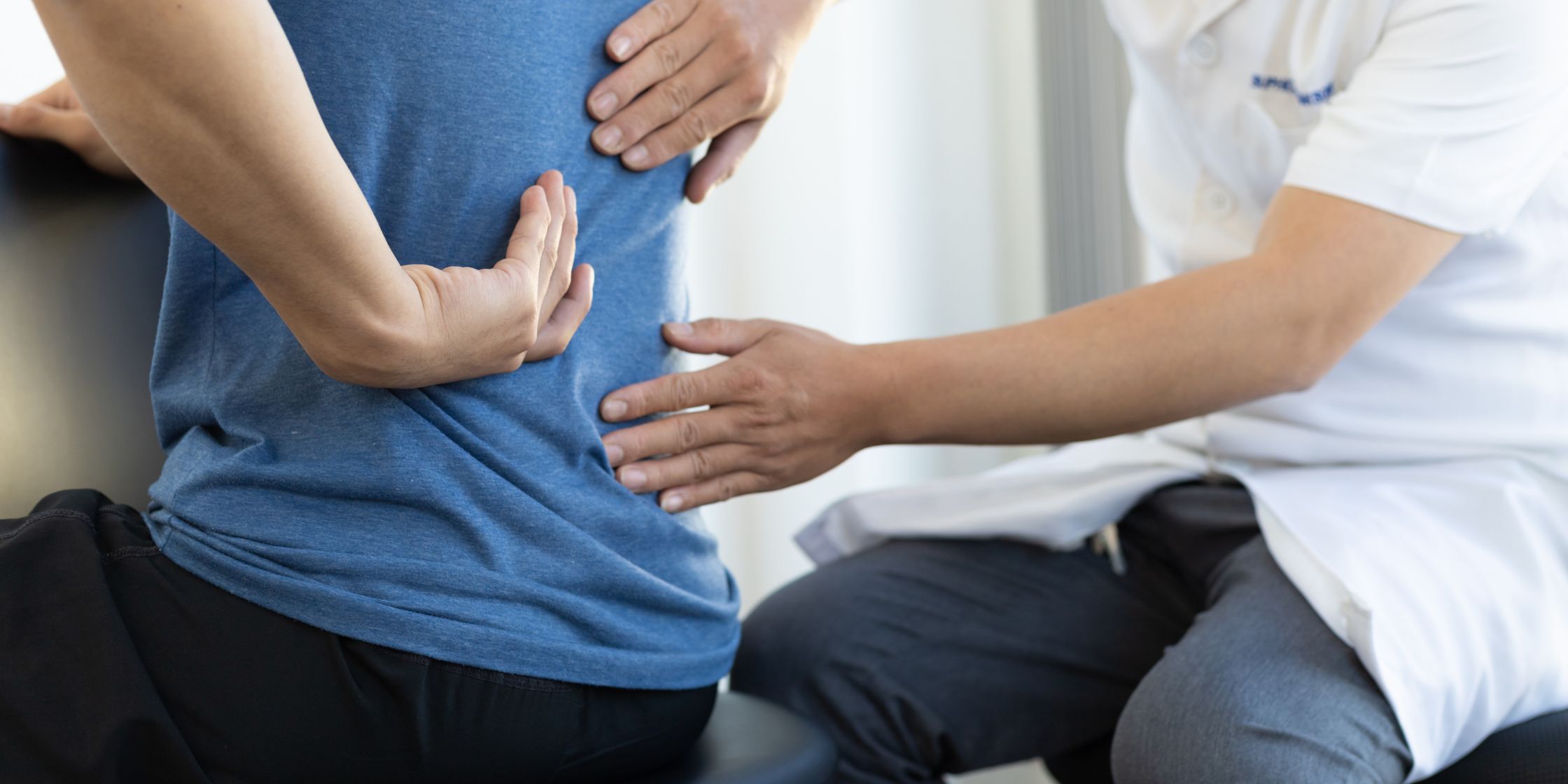Hip replacement surgery is a transformative medical procedure that has provided countless people with relief from debilitating pain and restored their mobility. Yet, amid the incredible benefits it offers, there are myths and misconceptions that can cloud the decision-making process. These myths often lead to unnecessary anxiety and hesitation when considering this life-improving surgery.
At KCM Clinic, we understand the importance of making informed decisions about your health. In this blog, we aim to dispel the five most common myths surrounding hip replacement surgery, providing you with accurate information to make an informed choice.
Myths of Hip Replacement
Myth 1: Hip Replacement Surgery Is Only for the Elderly
Reality: Hip replacement surgery is not age-specific.
Contrary to popular belief, hip replacement surgery is not reserved solely for the elderly. While it is true that the majority of hip replacement patients are older adults, younger individuals can also benefit from this procedure. Hip issues can affect people of all ages due to various factors like injury, congenital conditions, or diseases. At KCM Clinic, we evaluate each patient’s unique situation to determine if hip replacement is the right solution, regardless of age.
Myth 2: Your New Hip Will Not Feel Natural
Reality: The hip implant after some time not only feels natural but also functions normally.
This myth often stems from concerns about artificial joints feeling foreign. However, modern hip implants come in a wide range of designs and sizes and are tailored according to your age, lifestyle and preferences. They aim to restore natural movement and function, making sure that you can’t tell the difference. At KCM Clinic, our doctors ensure that you get the best quality implant and don’t experience the sensations of an artificial joint.
Myth 3: You will Be Bedridden for Weeks After Hip Replacement Surgery
Reality: Rehabilitation is essential, but you won’t be bedridden for an extended period.
Recovery from hip replacement surgery doesn’t involve bed confinement for weeks. After a few days of rest, physical therapy and mobility exercises are usually encouraged to prevent complications. Generally, patients are recommended to start with low-impact physical activity and then increase the intensity as the healing process continues. At KCM Clinic, our team supports you in getting back on your feet as soon as possible, often within a day or two of surgery. Our rehabilitation program is tailored to your needs, helping you regain your independence faster.
Myth 4: Hip Replacement Surgery Will Last a Lifetime
Reality: Hip replacements may need revision surgery in the long run.
While hip replacement implants are durable, they may not last a lifetime, especially in younger patients. Over time, wear and tear can occur, leading to the need for revision surgery. At KCM Clinic, we use high-quality implants and provide ongoing care to monitor the condition of your hip joint. Regular follow-up appointments are essential to ensure the longevity of your hip replacement.
Myth 5: Hip Replacement Surgery Is Risky and Unsafe
Reality: Hip replacement surgery is a safe and well-established procedure.
Hip replacement surgery is a well-established and safe procedure with a high success rate. Complications are rare, and the benefits of improved mobility and pain relief far outweigh the risks. At KCM Clinic, our experienced surgeons use state-of-the-art technology to minimise risks and ensure the best possible outcomes for our patients.
FAQs
1. What is the biggest risk with a hip replacement?
The biggest risk with hip replacement is infection, but it is quite rare due to strict sterilisation protocols. We take every precaution to minimise this risk at KCM Clinic.
2. Will life be normal after hip replacement?
Life after hip replacement can be very close to normal. Most patients experience significant pain relief and improved mobility, allowing them to resume daily activities.
3. What are lifelong restrictions after hip replacement?
Lifelong restrictions after hip replacement are minimal. Avoid high-impact sports, but you can enjoy low-impact activities like walking, swimming, and cycling.
4. Can you walk again after hip replacement?
Yes, you can walk again after hip replacement! In fact, improved mobility is one of the primary goals of the surgery. Patients typically start walking with assistance shortly after the procedure and gradually regain independence.








